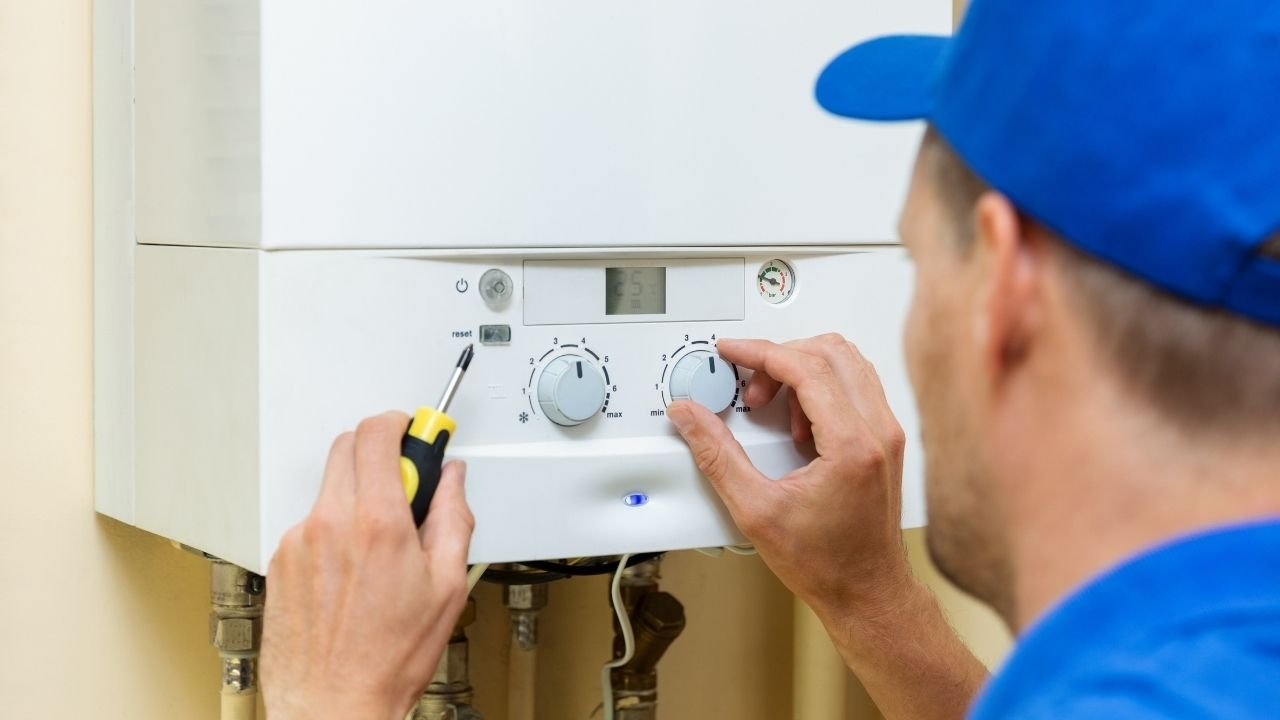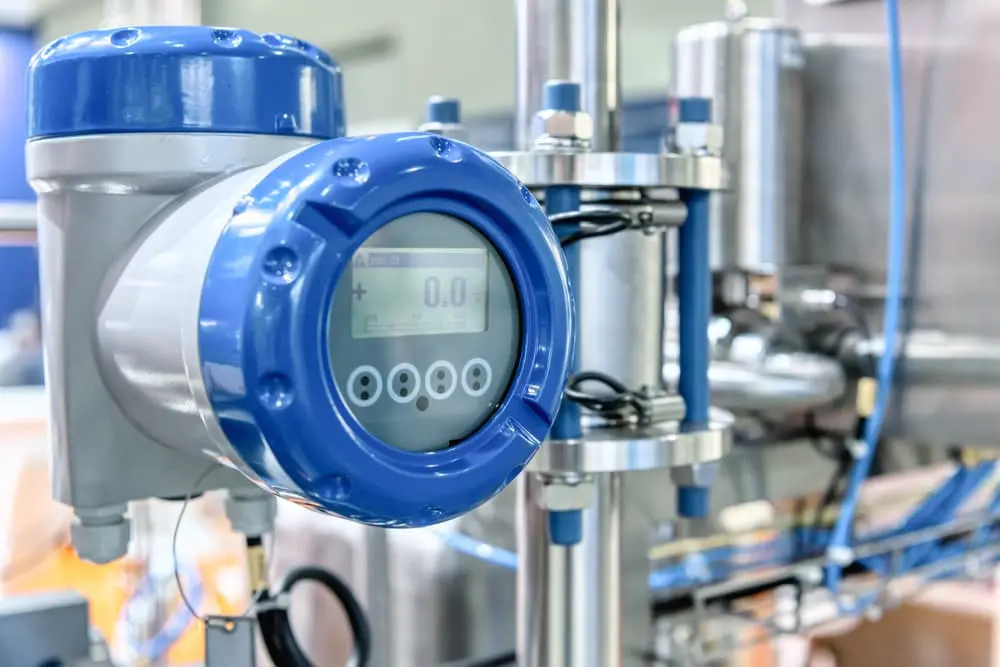
As temperatures soar and the sun blazes, the last thing on many homeowners’ minds is their boiler. After all, who thinks about heating when it’s sweltering outside? Surprisingly, summer might be the ideal time to replace your boiler. Here’s why:
1. Off-Season Advantage
Boiler issues often come to light during winter when the heating system is in full use. This surge in demand during the colder months can lead to longer wait times and higher costs for both parts and labor. During the summer, however, heating professionals are generally less busy, making it easier to schedule an installation at your convenience. Additionally, some companies offer off-season discounts, potentially saving you money.
2. Avoid Emergency Replacements
Replacing your boiler in summer allows you to avoid the stress and inconvenience of a mid-winter breakdown. Emergency replacements are often costly and can leave you without heat during freezing temperatures. By taking a proactive approach, you ensure that your new boiler is installed and functioning correctly before it’s urgently needed.
3. Greater Availability and Choice
When you replace your boiler during the summer, you have the luxury of time. This means you can research and select the best model for your home rather than making a rushed decision. With manufacturers often releasing new models, summer gives you access to the latest technology, ensuring energy efficiency and long-term savings.
4. Energy Efficiency Benefits
Modern boilers are significantly more energy-efficient than older models. Upgrading during the summer means that by the time winter arrives, your new boiler will be operating at peak efficiency, helping to reduce your energy bills. This proactive measure can contribute to substantial savings over time and a smaller carbon footprint.
5. Time for Upgrades and Modifications
Installing a new boiler can sometimes involve additional work, such as upgrading your home’s heating controls or making adjustments to the existing plumbing. Summer provides the perfect window to carry out these upgrades without the pressure of needing immediate heating.
6. Optimal Testing Conditions
After a new boiler is installed, it’s crucial to test it thoroughly to ensure it works efficiently and safely. Summer allows ample time for multiple test runs and any necessary adjustments. This way, you can head into winter with confidence, knowing your heating system is reliable.
Considerations for Summer Boiler Replacement
- Professional Assessment: Have a certified heating professional assess your current system to determine if replacement is necessary. They can also recommend the best options based on your home’s heating requirements.
- Energy Efficiency Ratings: Look for boilers with high energy efficiency ratings. These models might have a higher upfront cost but will save you money in the long run through reduced energy bills.
- Warranty and Maintenance Plans: Choose a boiler with a good warranty and consider a maintenance plan to ensure it remains in top condition for years to come.
While it might seem counterintuitive, summer is indeed an excellent time to replace your boiler. The off-season advantages, combined with the opportunity to prepare for winter and access the latest energy-efficient models, make it a smart choice for homeowners. By planning ahead, you can ensure a warm, worry-free winter and enjoy the peace of mind that comes with a reliable, efficient heating system. So, take advantage of the summer months to invest in your home’s comfort and efficiency.






